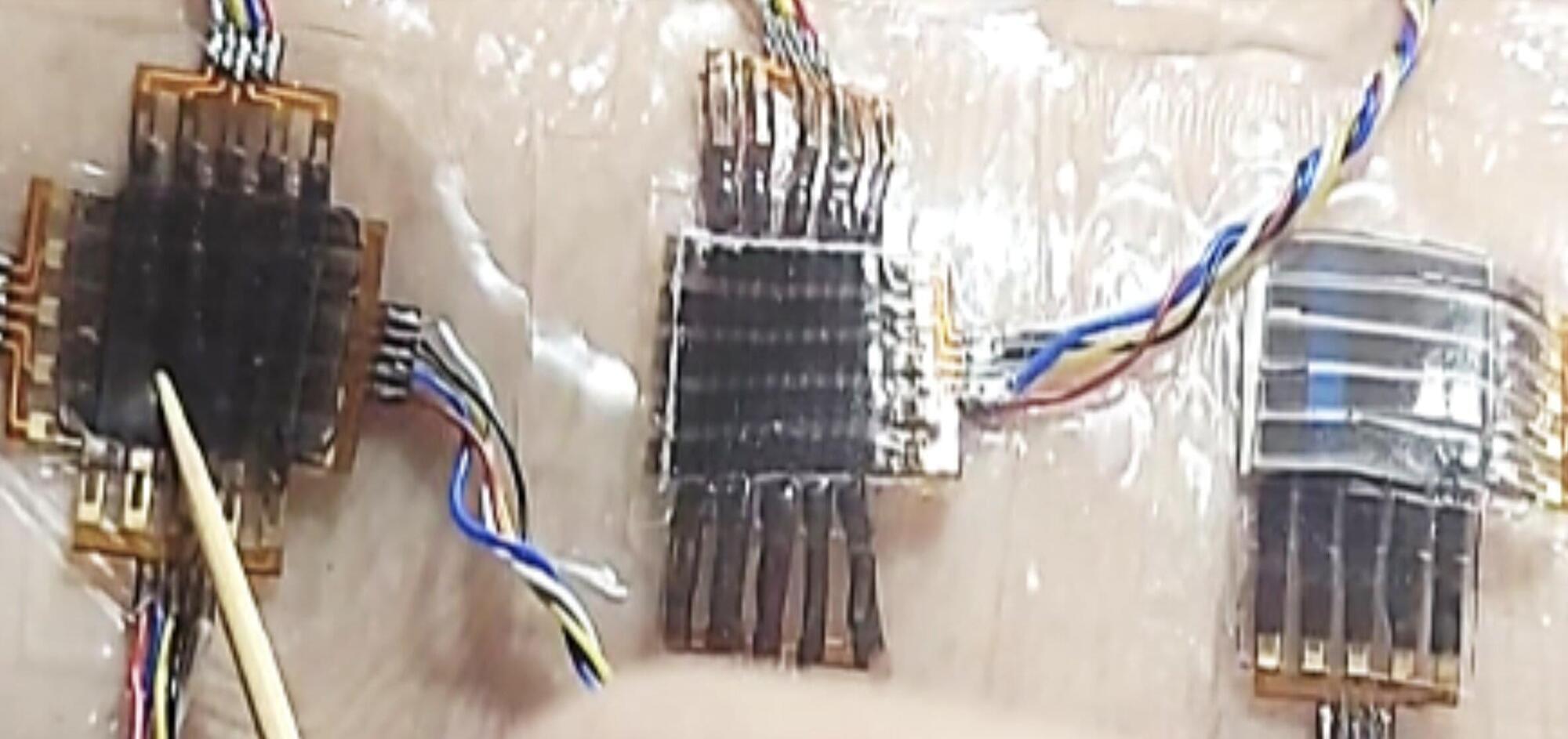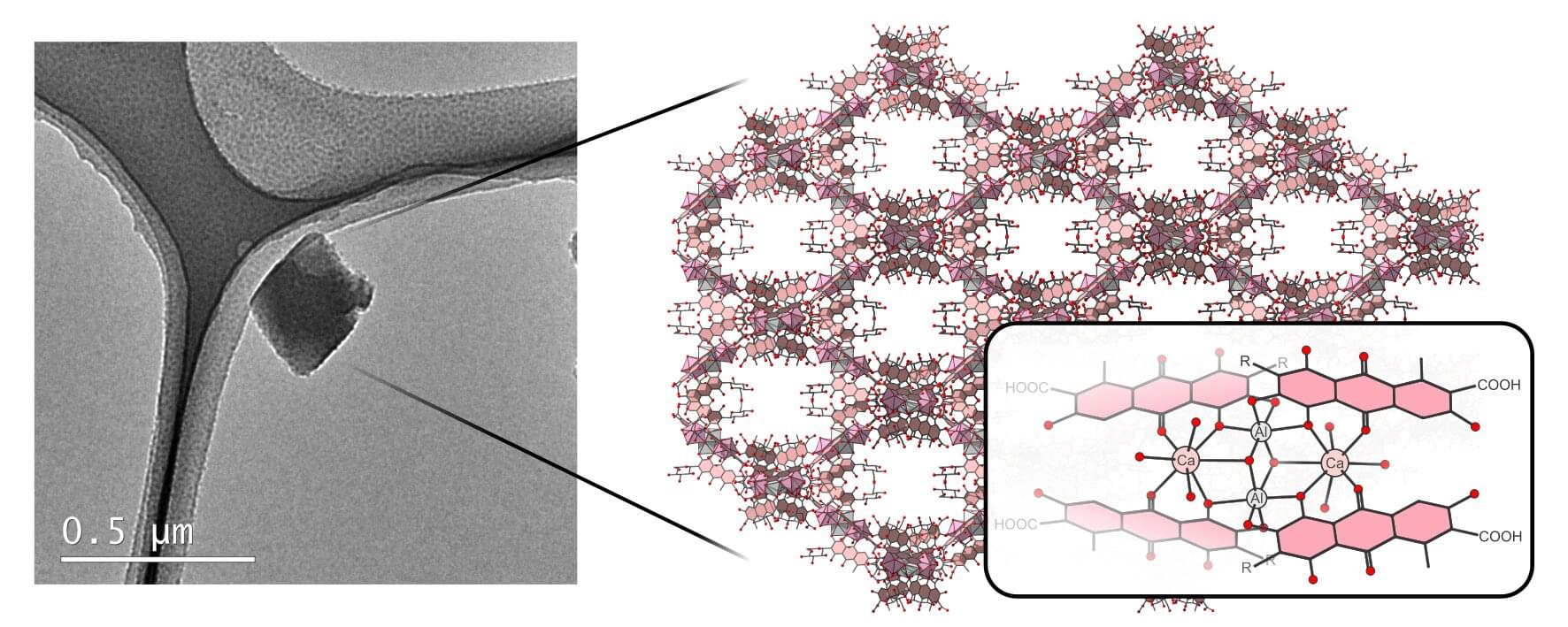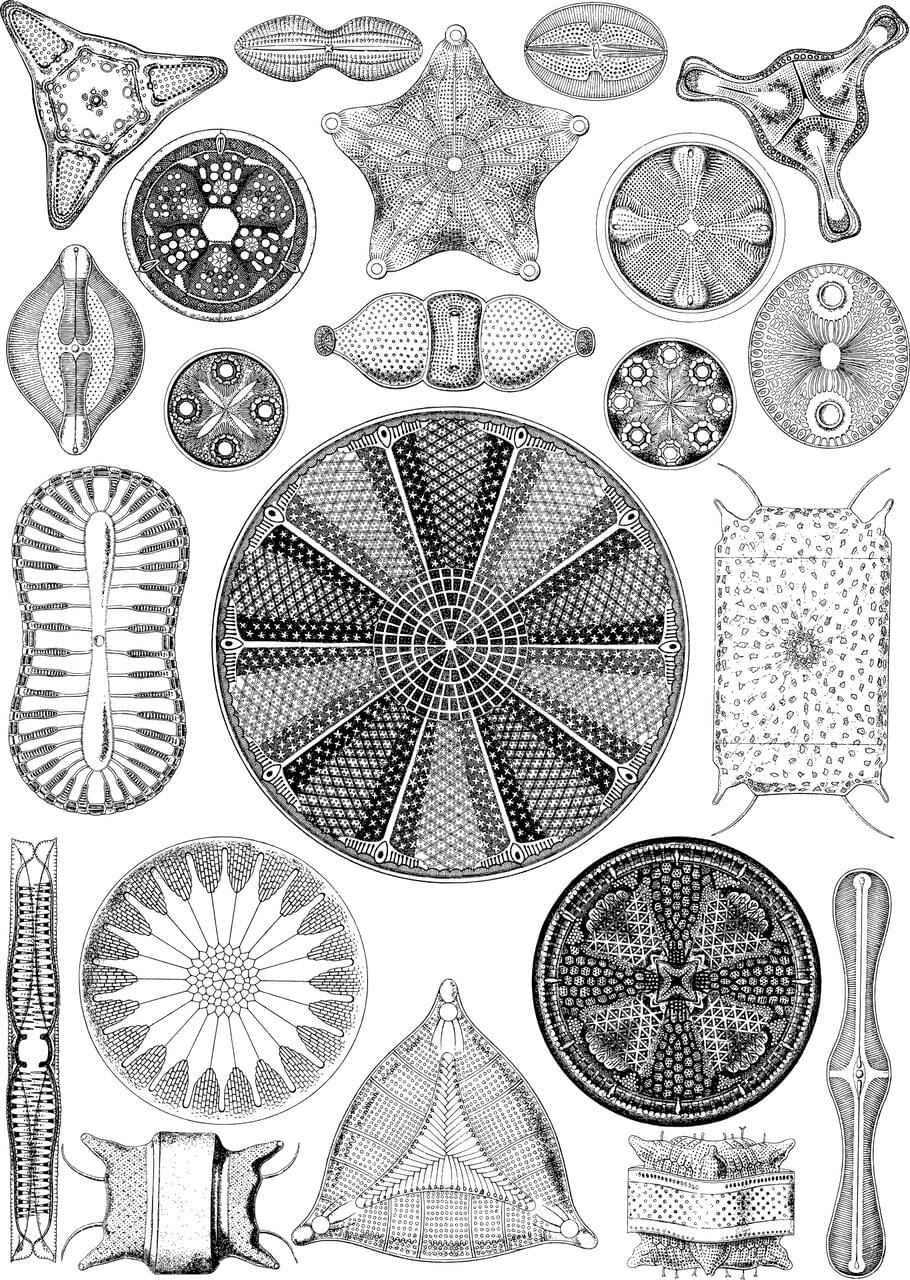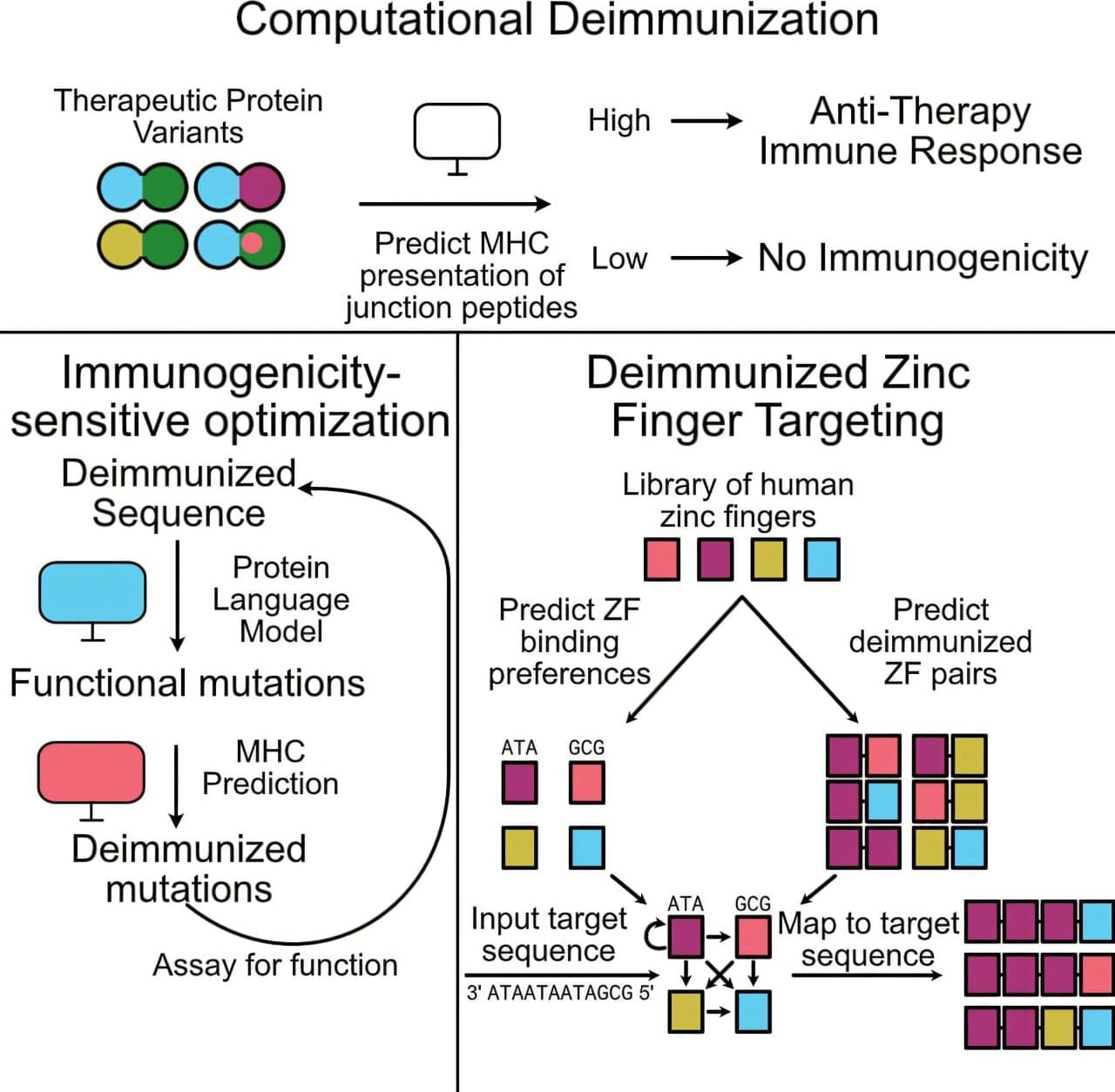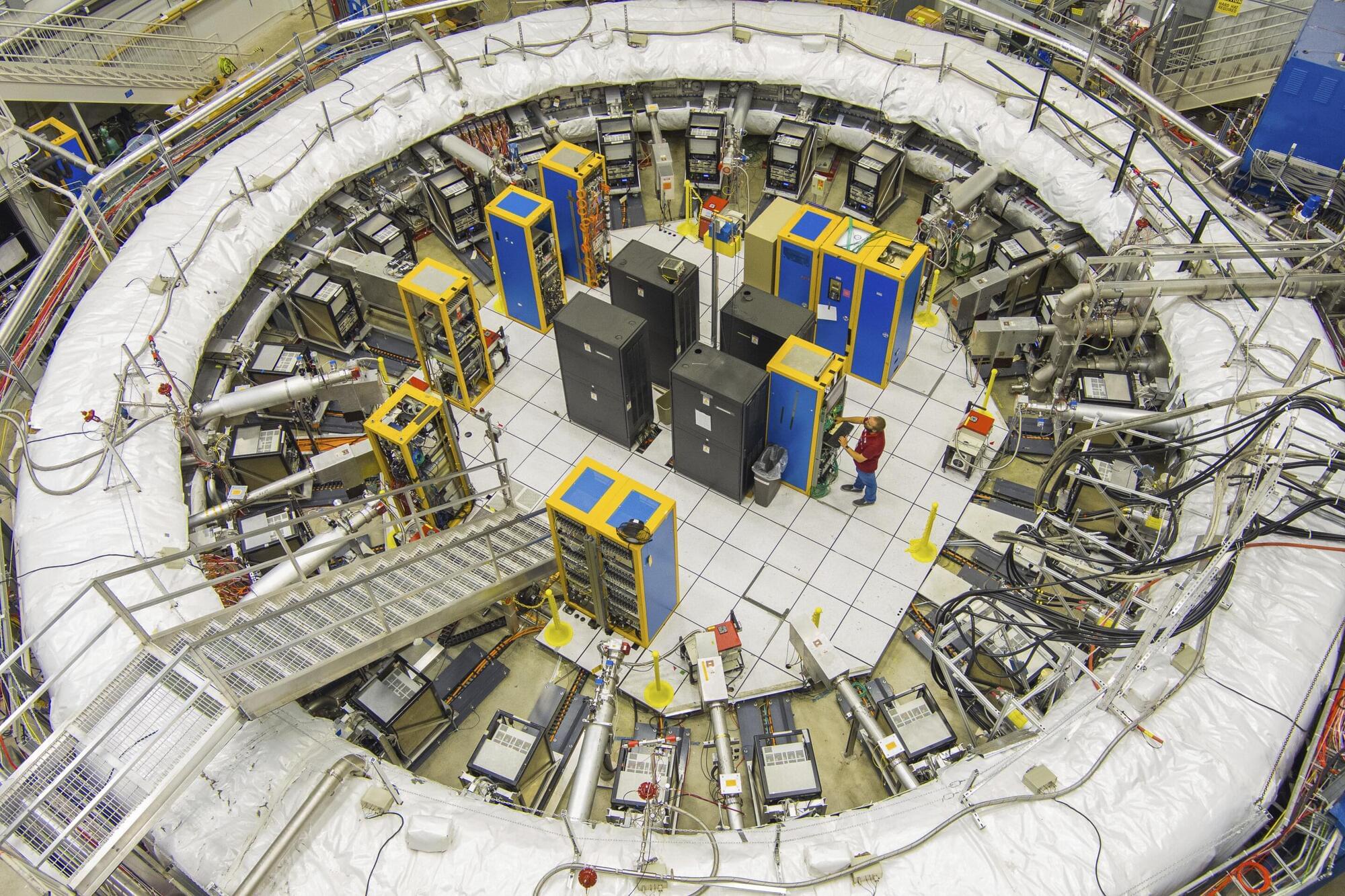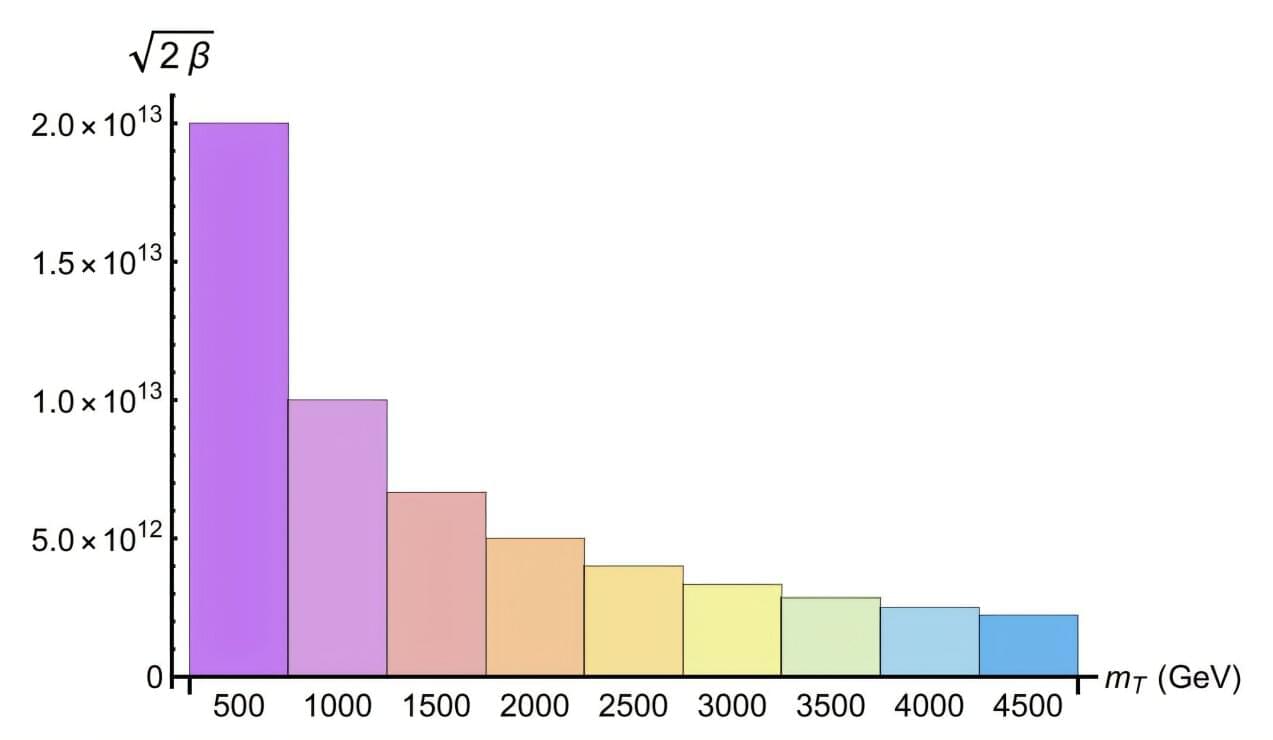Recent technological advances have enabled the development of a wide range of increasingly sophisticated wearable and implantable devices, which can be used to monitor physiological signals or intervene with high precision in therapeutically targeted regions of the body. As these devices, particularly implantable ones, are typically designed to remain in changing biological environments for long periods of time, they should be biocompatible and capable of fixing themselves after they are damaged.
Researchers at Sungkyunkwan University, the Institute for Basic Science (IBS) and other institutes in South Korea recently devised a new method to fabricate self-healing and stretchable electronic components that could be integrated into these devices. Their approach, outlined in a paper published in Nature Electronics, enables the scalable and reconfigurable assembly of self-healing and stretchable transistors into highly performing integrated systems.
“Since the mid-2000s, the development of flexible and stretchable electronics has significantly revolutionized research fields such as artificial electronic skin and soft implantable bioelectronics,” Donghee Son, senior author of the paper, told Tech Xplore.
